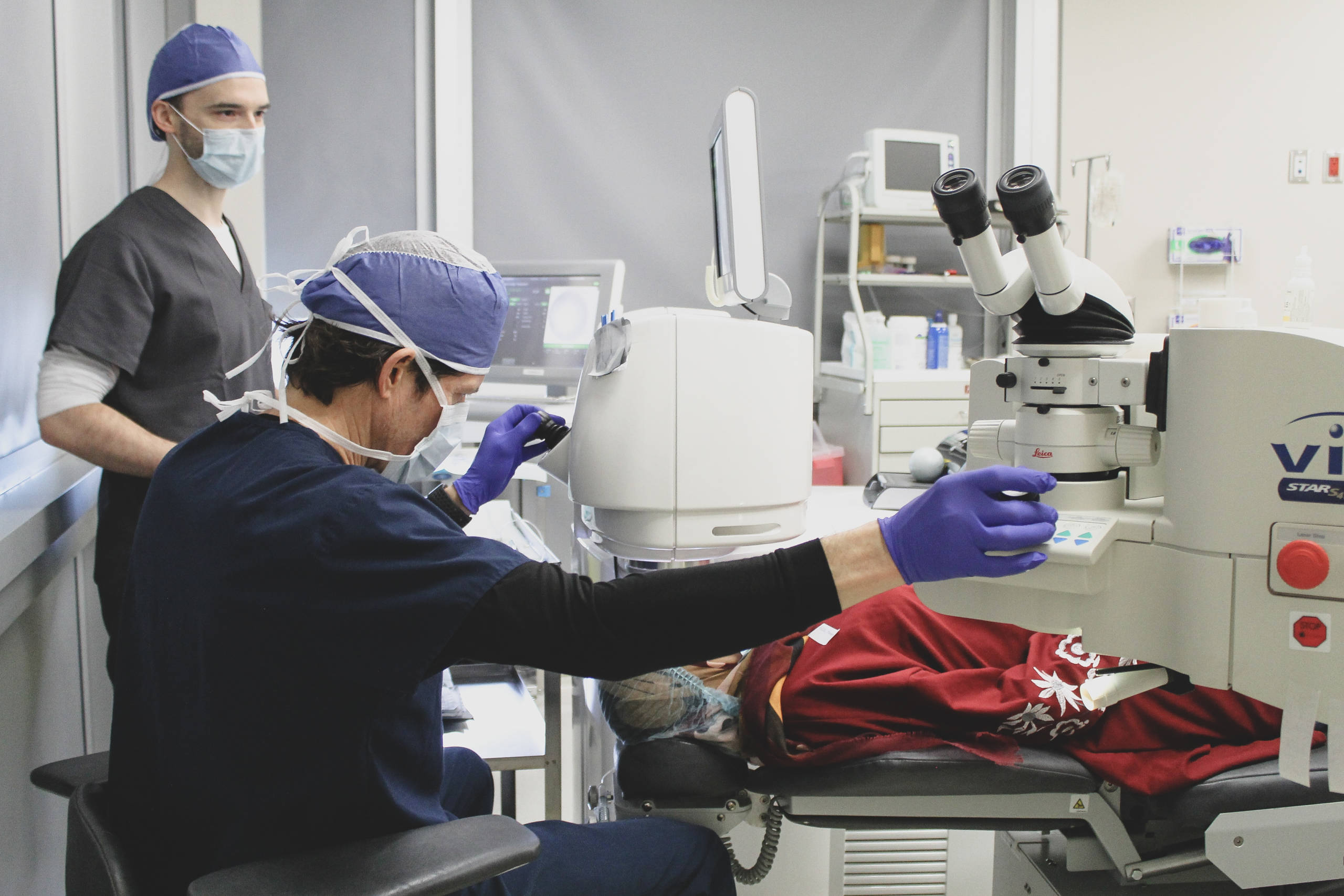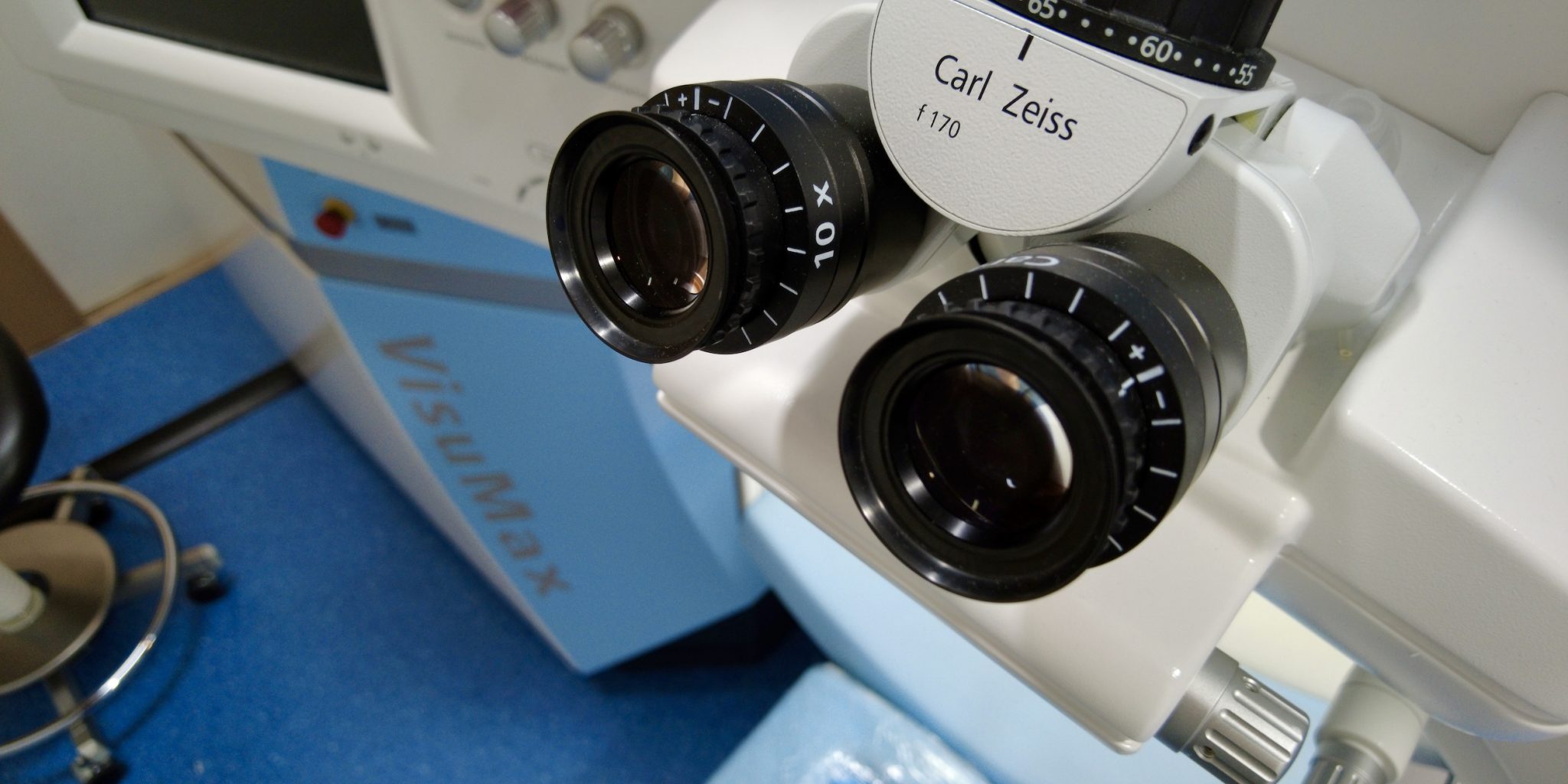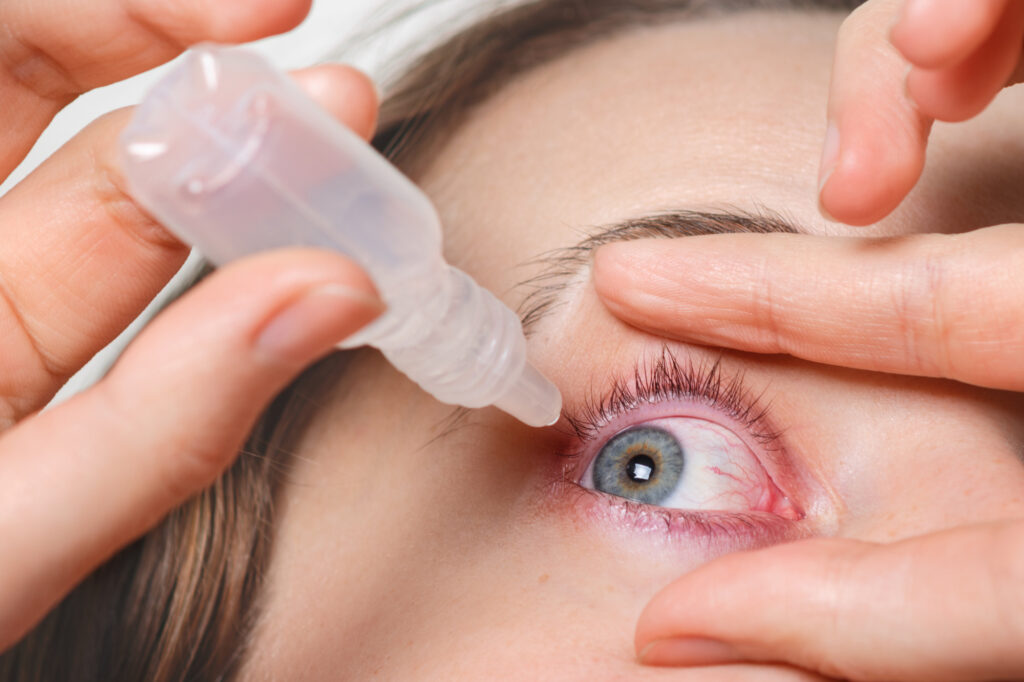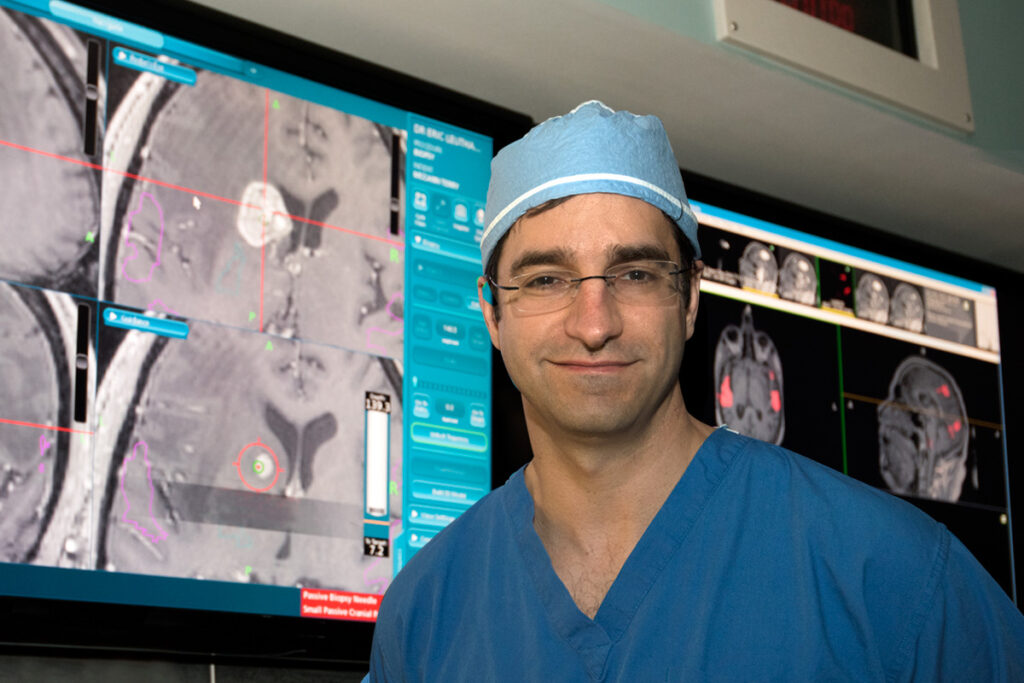Advanced procedures for lasik eye surgery
Your doctor will discuss the risks and benefits of lasik eye surgery, as well as what to anticipate before and after the process, with you before the procedure. If you use contacts, your surgeon may ask you to take them out before surgery, but he or she will give you precise instructions on how and when to do so.
Lasik eye surgery is performed in three stages:
Step One: We’ll create your personalized vision profile using iDESIGN technology. To construct a three-dimensional map of your cornea, this high-definition sensor captures over 1,200 data points. It also identifies refractive error 20 times more accurately than a standard refraction, yielding a better result. Your surgeon will then use this information to create a totally personalized lasik eye surgery treatment plan for you, which is absolutely free.
Step two: We produce your personalized LASIK flap with our state-of-the-art, ultrafast femtosecond laser. Using short, precise light pulses, this laser makes your customized flap – a thin layer of tissue that is folded back to expose the corneal tissue behind.
Step three: We’ll apply your customized vision correction using a second kind of laser called an excimer laser, gently reshaping the cornea and smoothing out any aberrations to eliminate your refractive defect. When your surgeon is done, he or she will reposition the LASIK flap, and the procedure will be over in minutes.
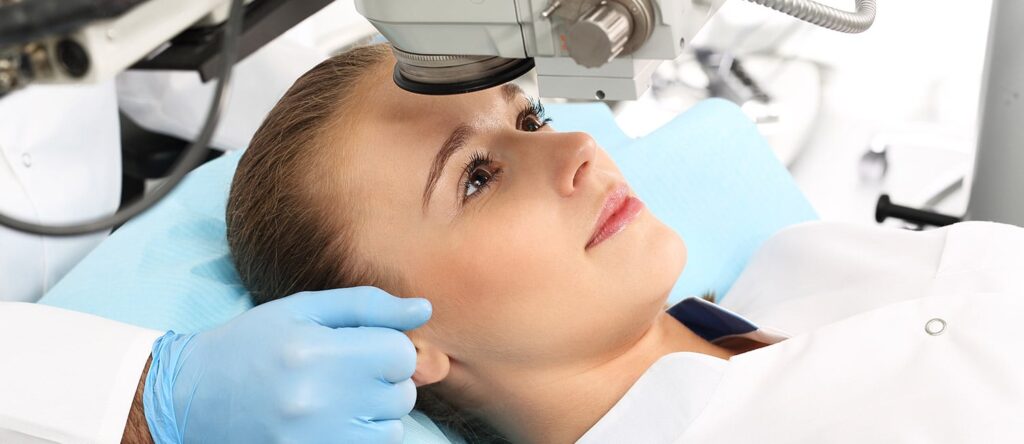
Before getting LASIK eye surgery, think about the following.
Because LASIK eye surgery has the ability to change both your vision and your life, it is vital to ask questions and have a thorough understanding of the treatment. At DMEI, we encourage all patients to ask their surgeon questions about the procedure, what to anticipate during recovery, how to prepare for Lasik eye surgery, and how to prepare for laser eye surgery. There are no stupid questions, so you can be confident that your DMEI surgeon will be happy to answer them.
It is vital to check both your general health and the health of your eyes before getting LASIK eye surgery, in addition to addressing any concerns you may have up front. Before commencing the laser eye surgery treatment, keep the following items in mind. Our skilled staff may be able to aid you in assessing if you are healthy enough for LASIK surgery during your free screening and consultation with your surgeon.
Are you in good physical condition?
Maintaining excellent health is crucial to the procedure’s effectiveness and outcome, as it is with any surgery. Because some diseases and disorders might affect your body’s capacity to heal, it’s vital to tell your doctor about any problems you’re experiencing.
You may not be a suitable candidate for LASIK eye surgery if you have diabetes, autoimmune illnesses like multiple sclerosis or lupus, depression, or chronic pain disorders like migraines, fibromyalgia, or irritable bowel syndrome.
When the body is fighting a disease, it has a harder time healing. Individuals with conditions such as diabetes should exercise extra care, since the condition might lead to more problematic consequences following LASIK eye surgery. The procedure is considered safe for diabetics with well-controlled blood sugar levels and no severe diabetic retinopathy.
Due to hormonal changes in the body that may impair vision, pregnant women should take care while considering laser eye surgery. The majority of specialists feel that pregnant women should wait until they are no longer pregnant or nursing before undergoing lasik eye surgery.
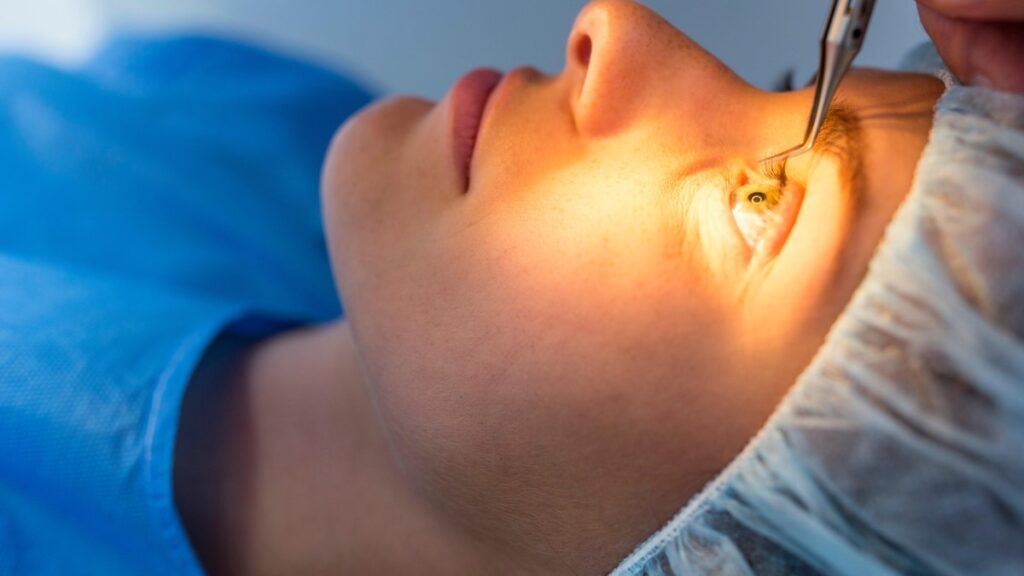
Are your eyes in good working order?
Your eyes must be in generally good condition in order to be candidates for laser eye surgery. If you have an eye infection, severe dry eye, or conjunctivitis (pink eye), your LASIK treatment may be postponed until your eyes have recovered.
If you have a recurrent dry eye, go to your doctor. Dry eye treatments may be prescribed by your doctor to help your eyes restore the health needed for LASIK surgery.
The Benefits of Lasik Eye Surgery
Consider the benefits of not having to wear glasses or contacts. Consider the feeling of freedom that comes from knowing your vision is the best it can be. Consider the money you’ll save on prescription eyeglasses, contact lenses, and other items.
The LASIK eye surgery treatment may be used to correct a wide range of refractive issues, including nearsightedness, farsightedness, and astigmatism. This is performed by utilizing a laser to reshape the cornea, allowing light to go through the lens of your eye as efficiently as possible, resulting in clear vision.
The majority of patients report a significant improvement in their vision the day after surgery. The majority of patients are able to resume normal activities the day after surgery with no pain or discomfort.
Increased self-confidence is another benefit of LASIK eye surgery. You’ll also feel more at ease, vibrant, and spontaneous, and you won’t have to look for or clean your glasses.
You owe it to yourself to come in for a free eye surgery LASIK screening to discover whether eye surgery LASIK is right for you, regardless of your prescription. There’s a better chance than ever that LASIK eye surgery will help you.
Cost reductions
Over 45 million Americans use contacts or glasses, bringing in $22.8 billion in annual sales for the eye industry. Every one to two years, the typical individual who wears glasses changes them, costing between $200 and $600 each pair. A price is charged for those who need more than one pair of glasses, such as readers or prescription sunglasses.
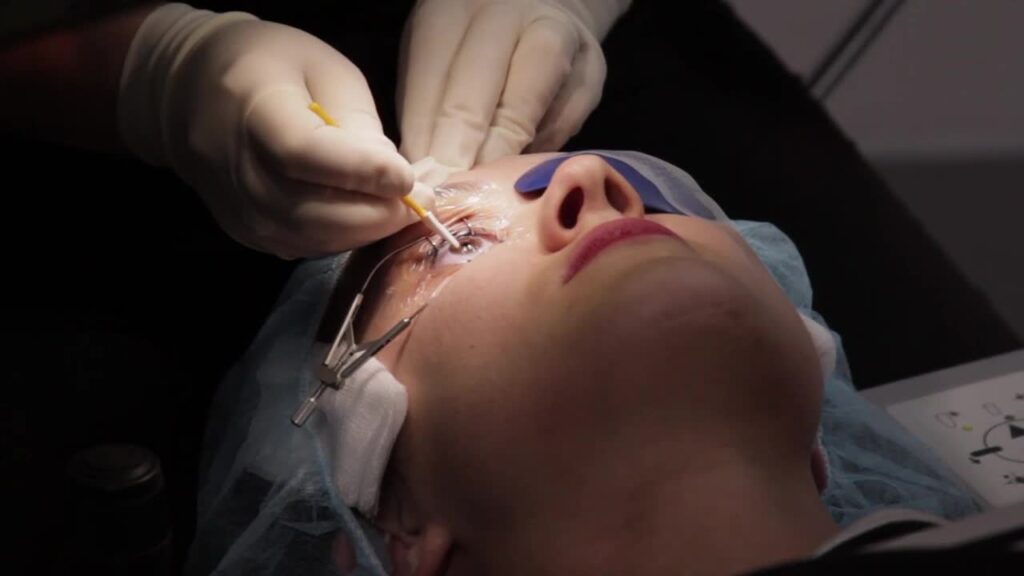
Contact lenses are far more expensive than glasses, costing an average of $250 each year. You’ll need to budget for cleaning solution, contact lens bags, and other items in addition to the contacts. Prescriptions and monthly eye doctor visits, not to mention the cost of contact lens fitting, are additional costs.
While LASIK eye surgery may seem to be an expensive treatment on the surface, you will be amazed how much money you will save over the course of a lifetime of wearing glasses and contacts.
At its foundation, LASIK eye surgery is an investment in your health and quality of life.
20/20 vision
When was the last time your eyesight was perfect? Do you remember how liberating it was to be able to see clearly without glasses or contacts?
Not only can LASIK surgery enhance your eye health and vision, but it also improves almost every aspect of your daily life. According to an FDA study, more than 95% of participants were satisfied with their vision after LASIK surgery, and many claimed an improvement in their overall quality of life.
20/20 vision may make sports activity easier without the hassle of glasses or contacts, but you don’t have to be an athlete to get the advantages. By removing the worry of losing glasses or cleaning lenses, LASIK surgery may help you live a more active lifestyle. Hiking, swimming, traveling, jogging, camping, and dancing become easier when you don’t have to worry about losing your glasses or disinfecting your lenses.
With LASIK eye surgery, vacations are also more manageable and enjoyable. You’ll never have to worry about forgetting your cleaning solution or losing your glasses overboard while you travel. Additionally, instead of spending money on expensive prescription lenses, you may wear normal sunglasses to the beach.
Improved vision also promotes self-esteem. You’ll never have to hide your big frames again, nor will you have to constantly push your glasses up when they slip down your nose. Your improved vision may give you a degree of self-assurance you never thought imaginable.

